…can you stand this much adorable?
Nor did this poor little hatchling, probably a mocker, who had been found covered with ants.
This little mocker nestling alternates between lethargy and energetic gaping for food. His finders said the entire nest looked to’ve been attacked and destroyed, and he was found on the ground on top of a dead sib. Could have been a free-roaming cat or a raccoon or a hawk or owl, or even a gray squirrel. I’m presuming cat attack and medicating accordingly, just to be safe.
The two young screeches continue to grow but the foot issue on the little male that I mentioned last week has gotten worse. His feet are rigidly splayed; he cannot bend his toes, which are swollen. And the skin is peeling off his lower legs and feet. Vet Richie Hatcher recommended a course of treatment that I’m trying now, but neither of us is optimistic. Hopeful, yes; optimistic, no. It’s not looking good for the little fellow.
The female screech has no issues at all aside from being convinced she’s at least 100 times larger than she is…
No photos of the screeches this week; I honestly forgot to get any! Same with the pileated who, surprisingly, hasn’t totally trashed his crate yet. But it sounds like I have major construction going on from dawn till dusk…Gotta love a pileated!
The Carolina wren refuses to leave the songbird flight; sadly, an oak snake somehow got in and ate my sweet brown thrasher last night. All I can figure is he slipped in unnoticed yesterday while the “escape hatch” was open. Now I’ll be paranoid about checking for snakes every time I leave it open for birds to leave. Needless to say, this particular snake was terminated with extreme prejudice. I know it won’t bring back the poor thrasher, but he won’t by-God ever eat another bird.
The red tail whose broken wing may or may not heal properly for flight is doing well and eating eagerly. Fingers crossed she’s releasable; if not, as I’ve mentioned before, we’re looking at placing her as an ed bird.
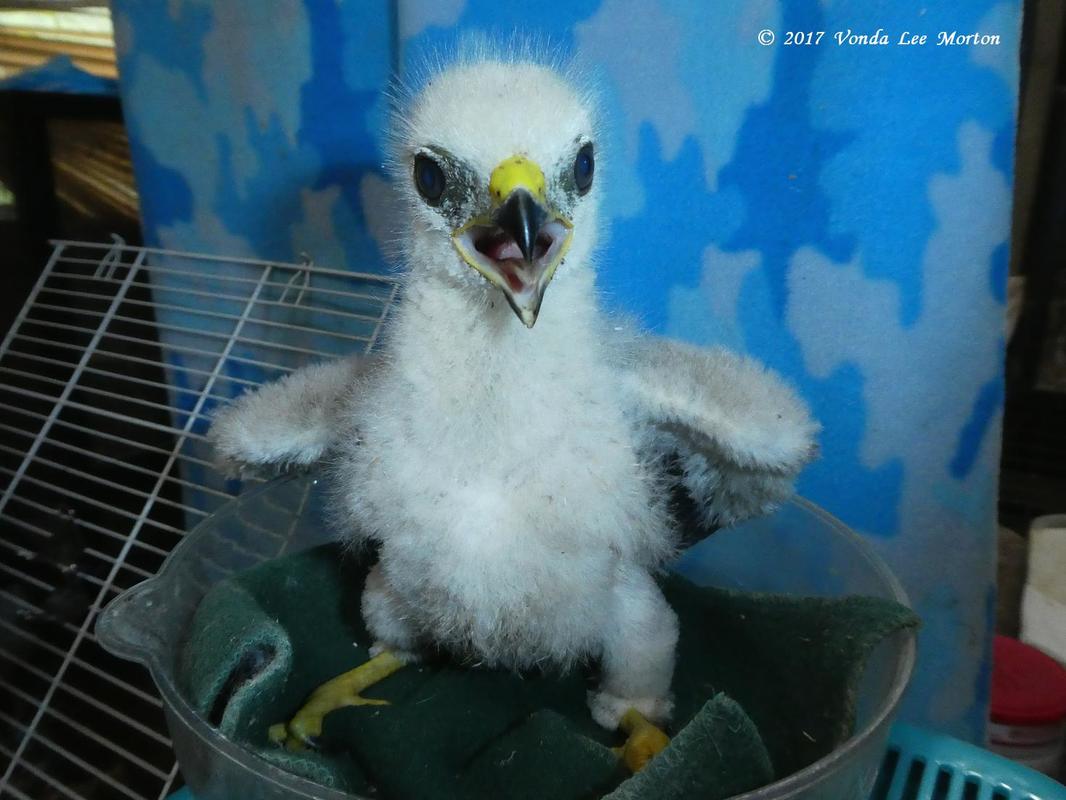
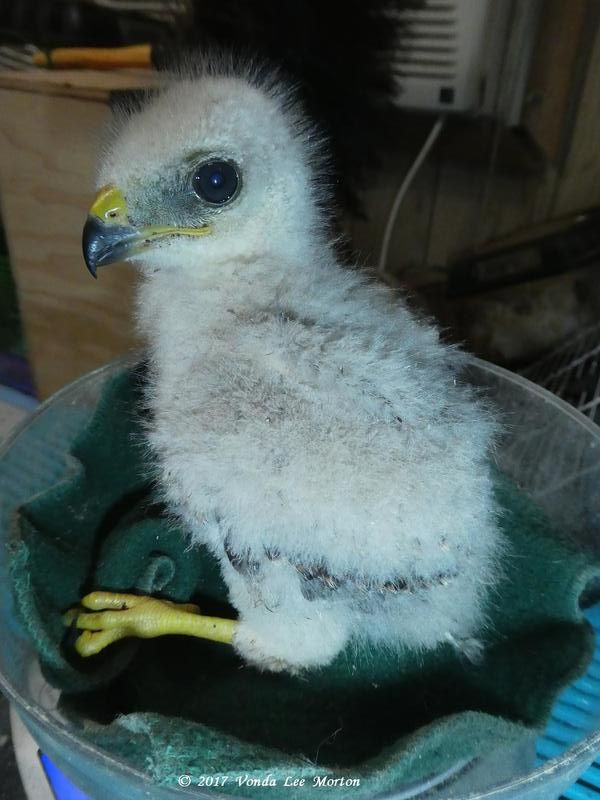
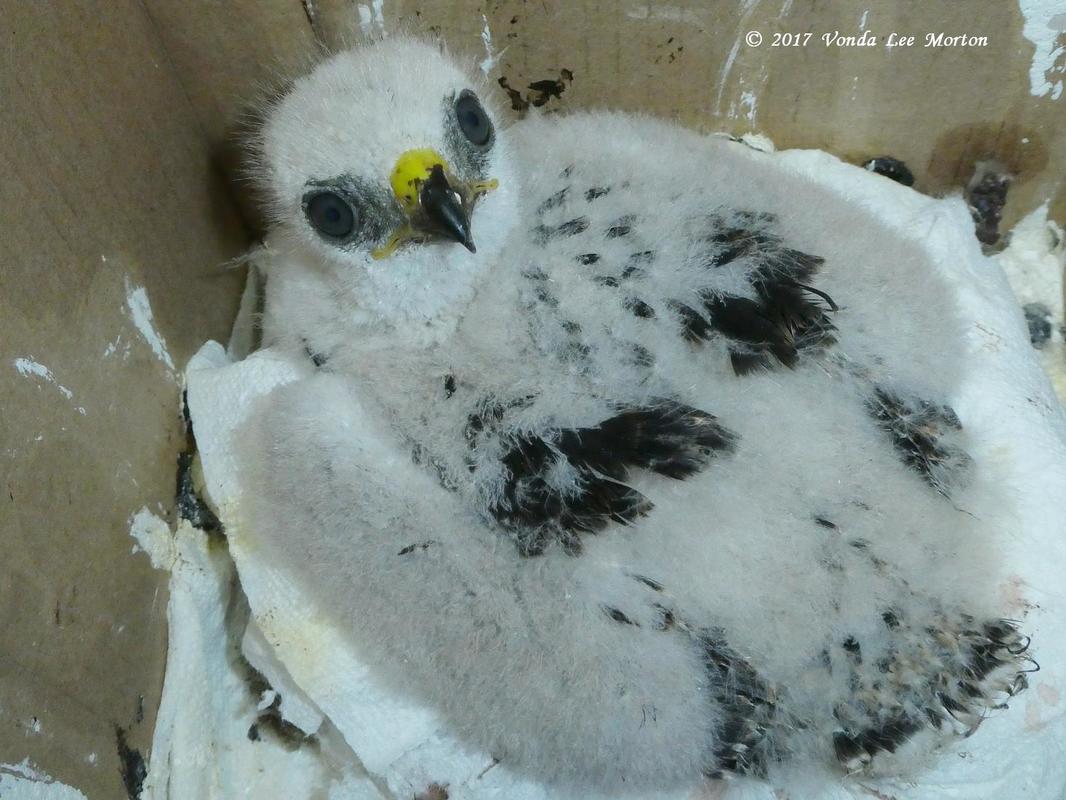
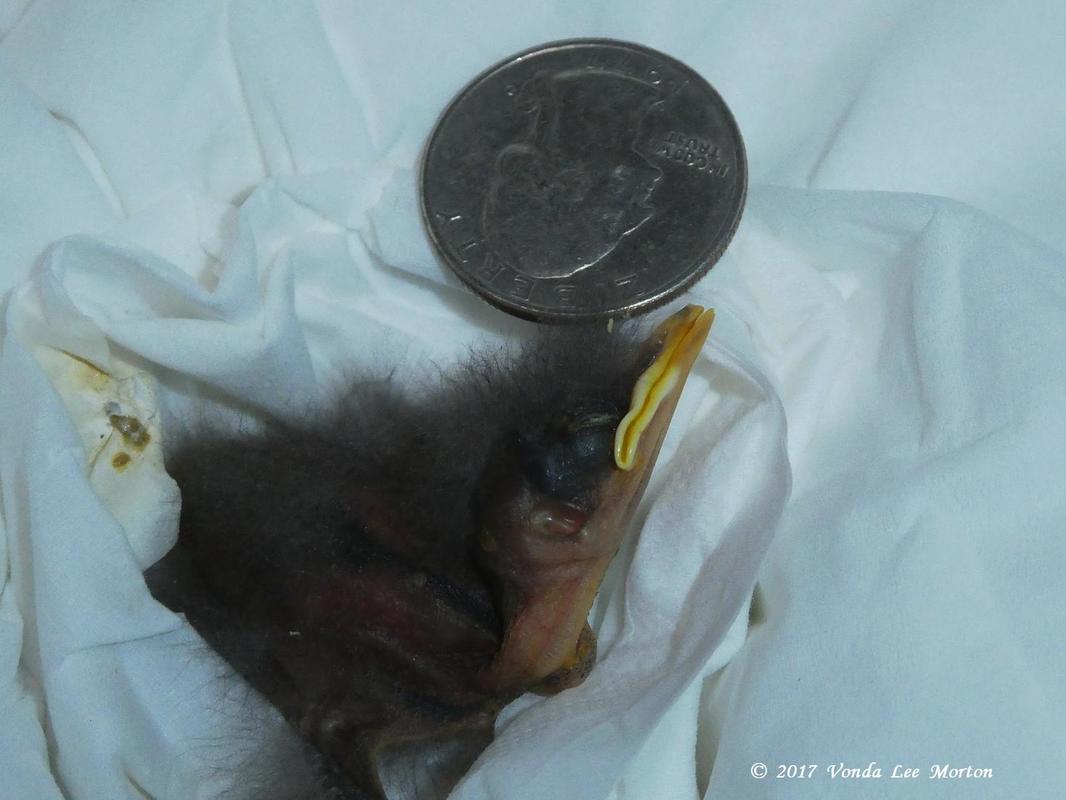
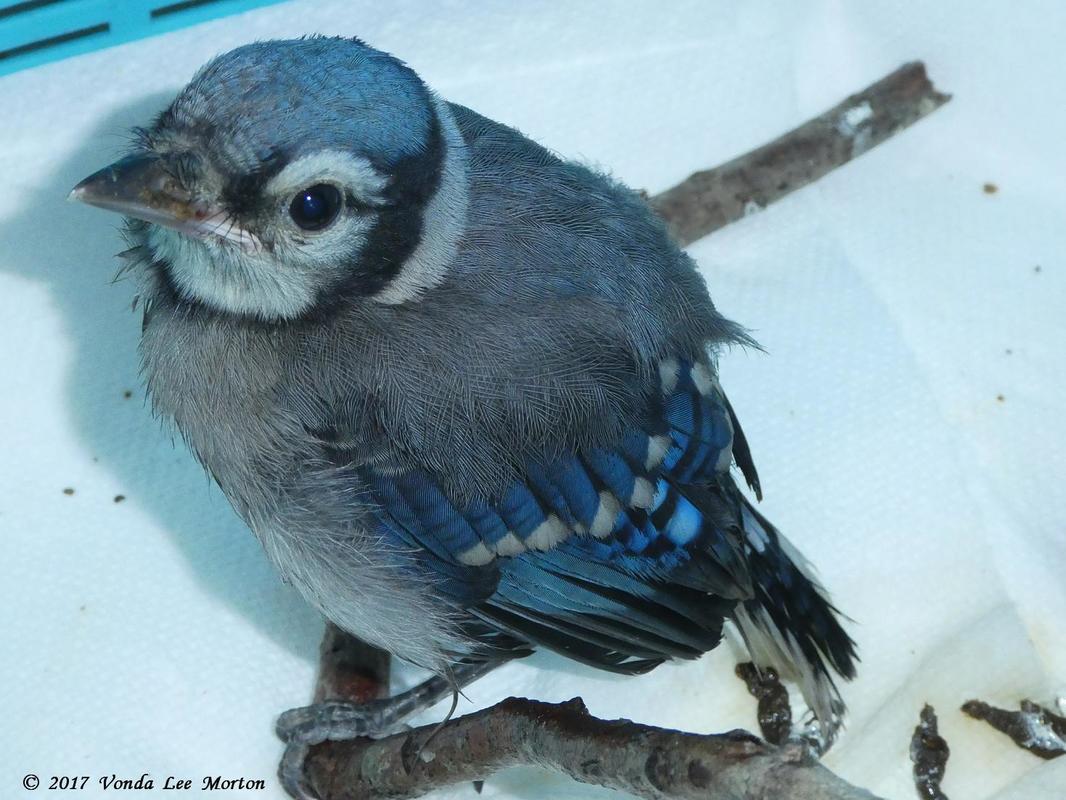
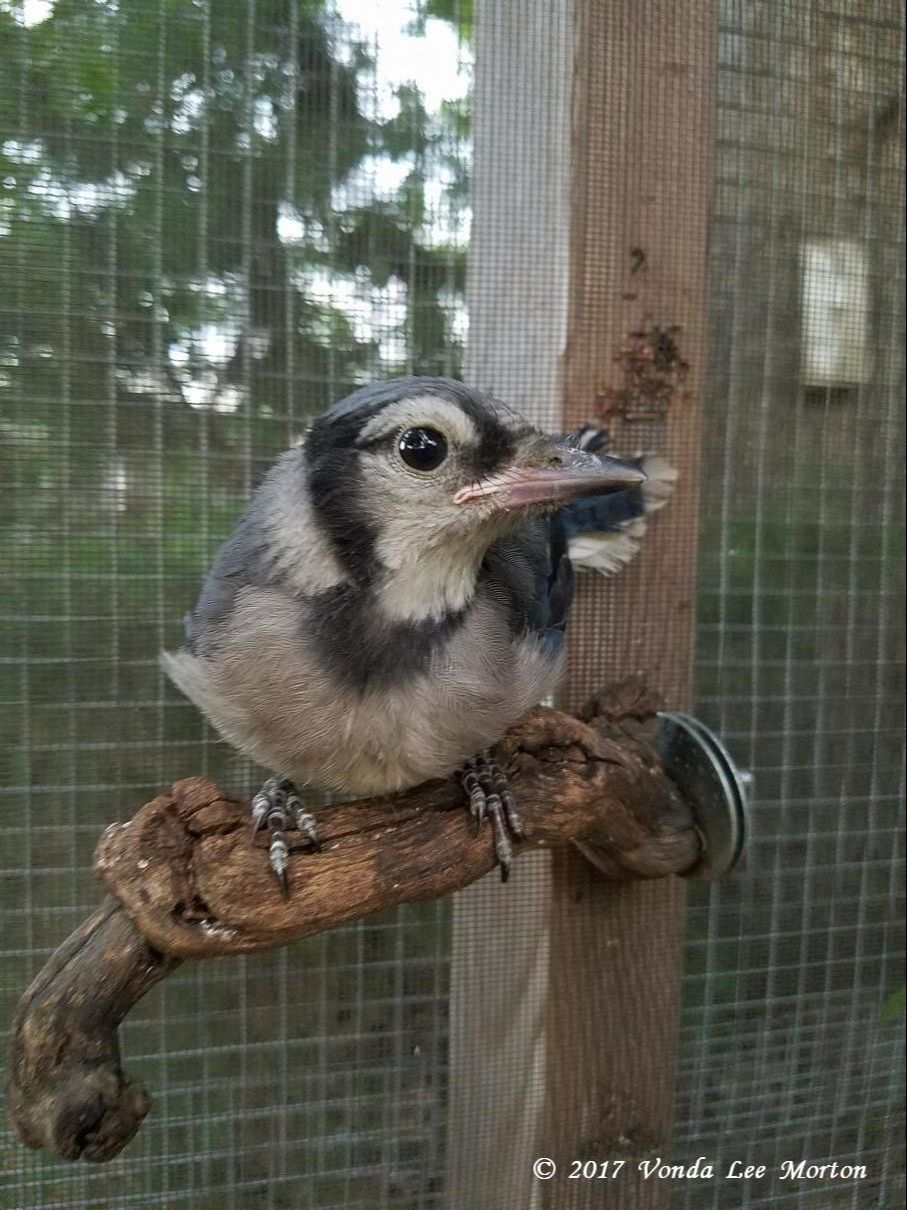
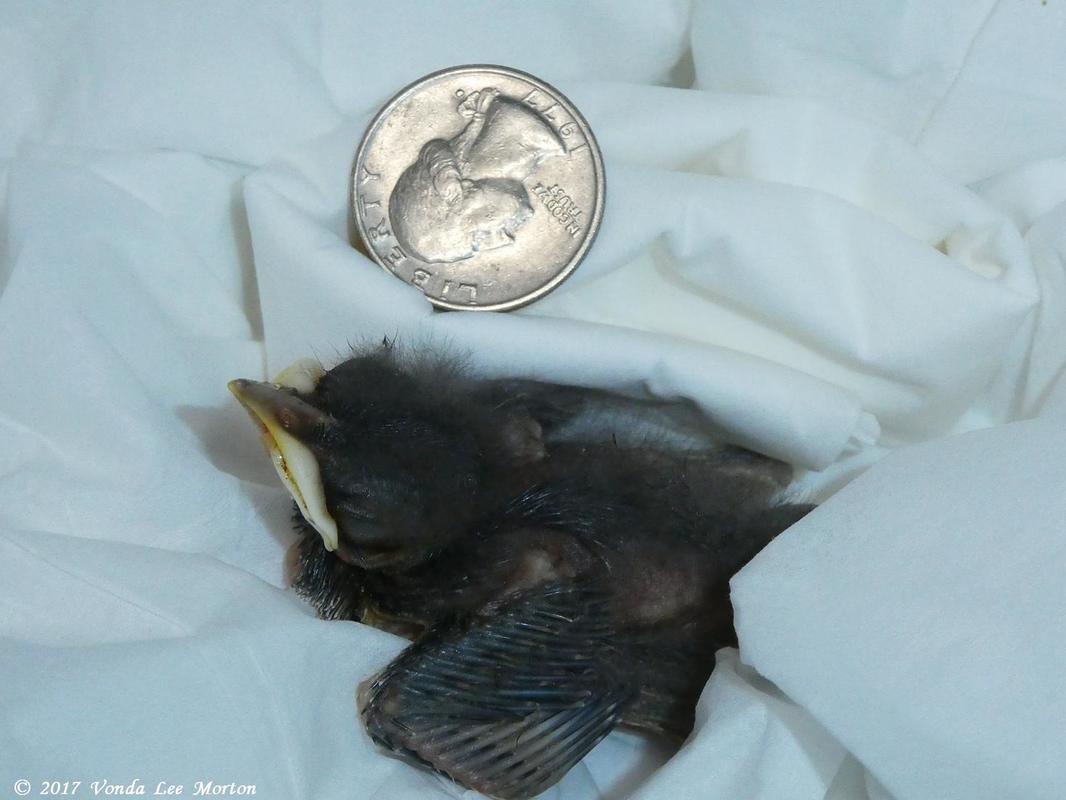
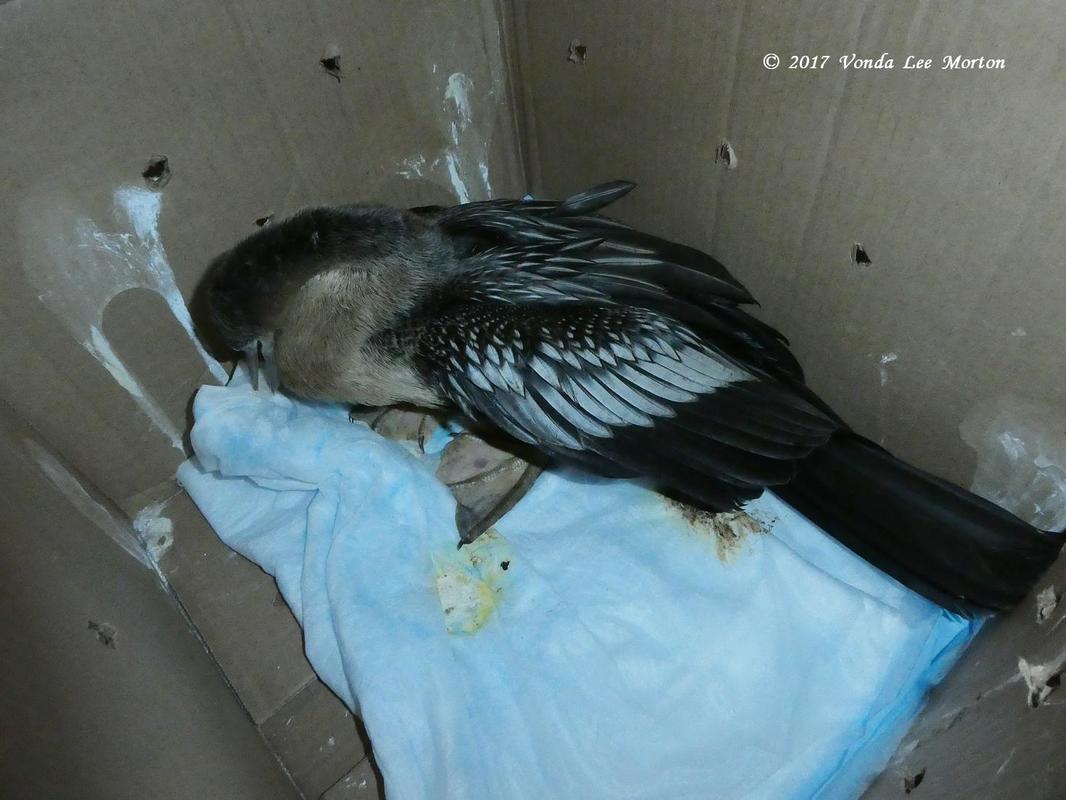
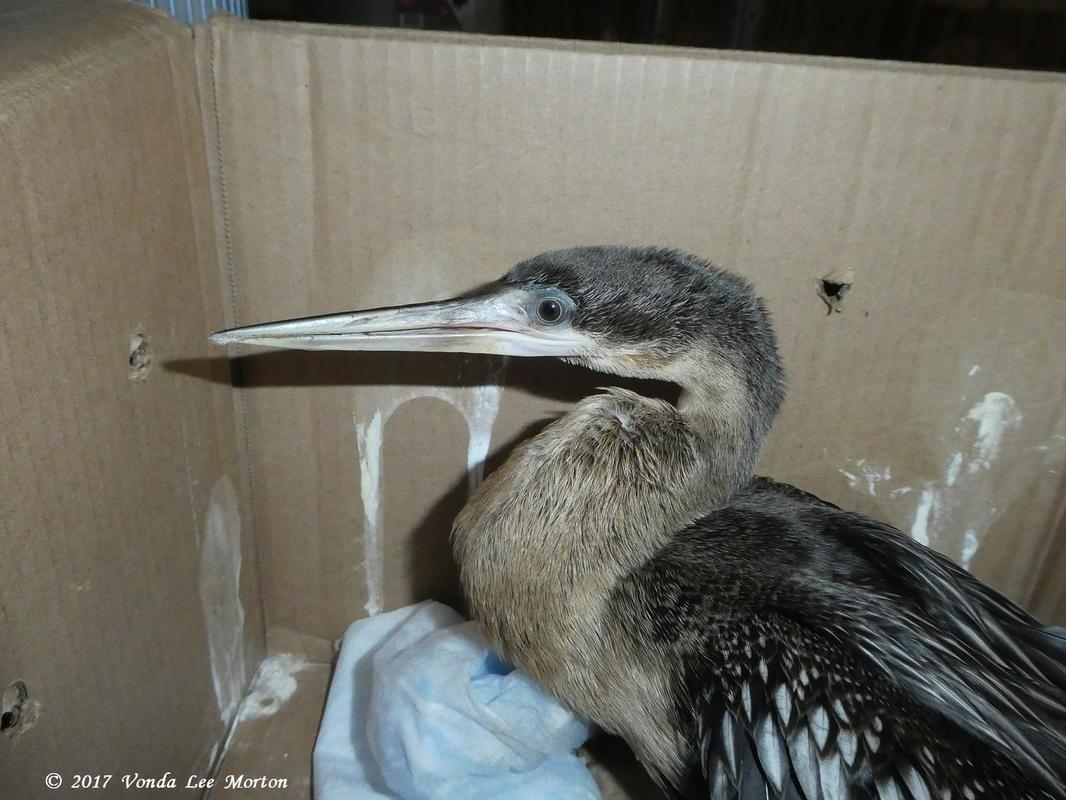
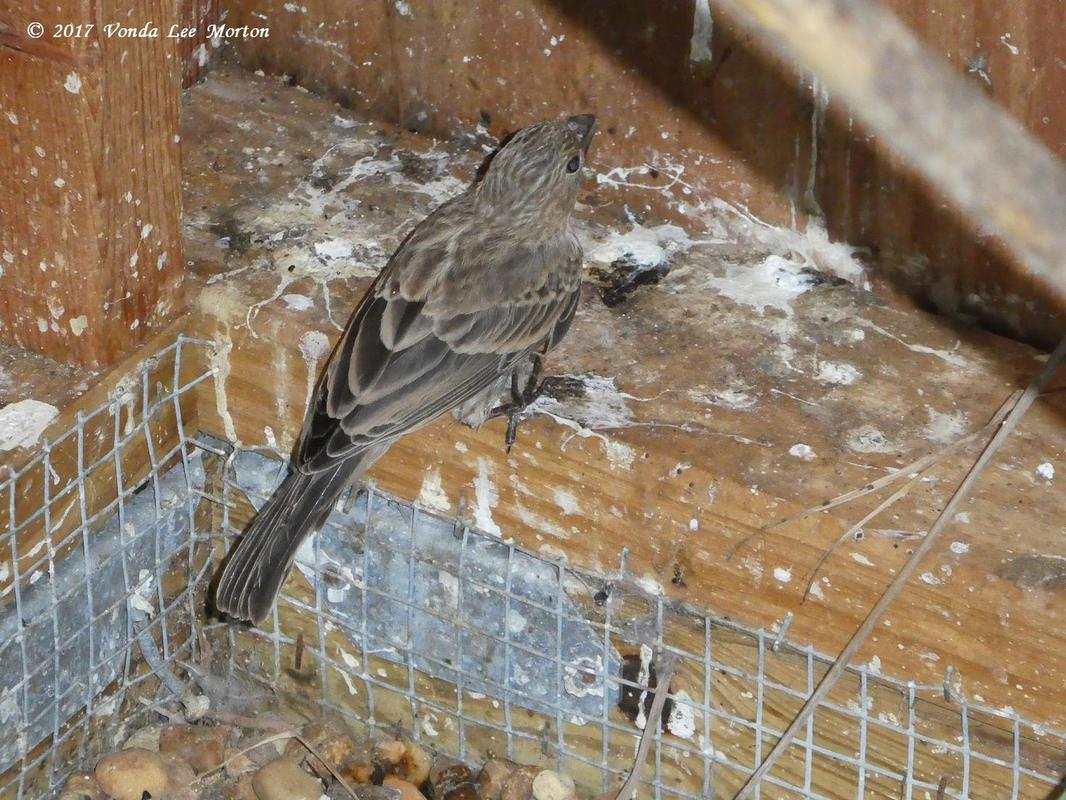
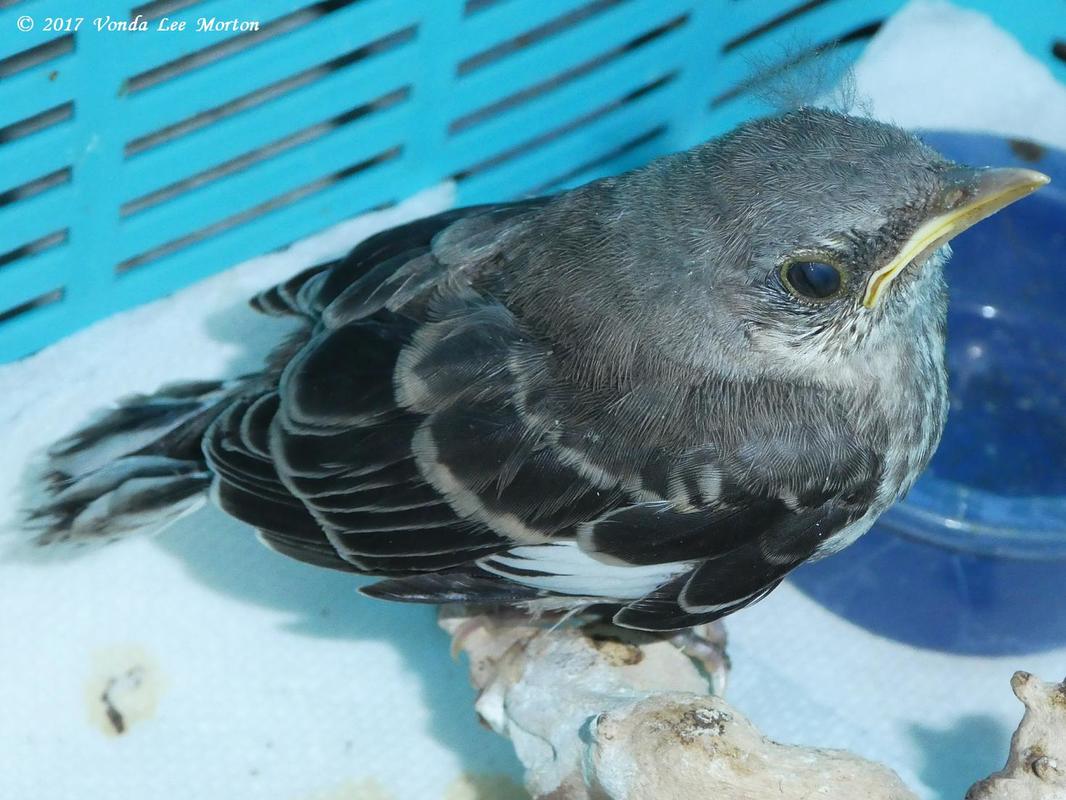
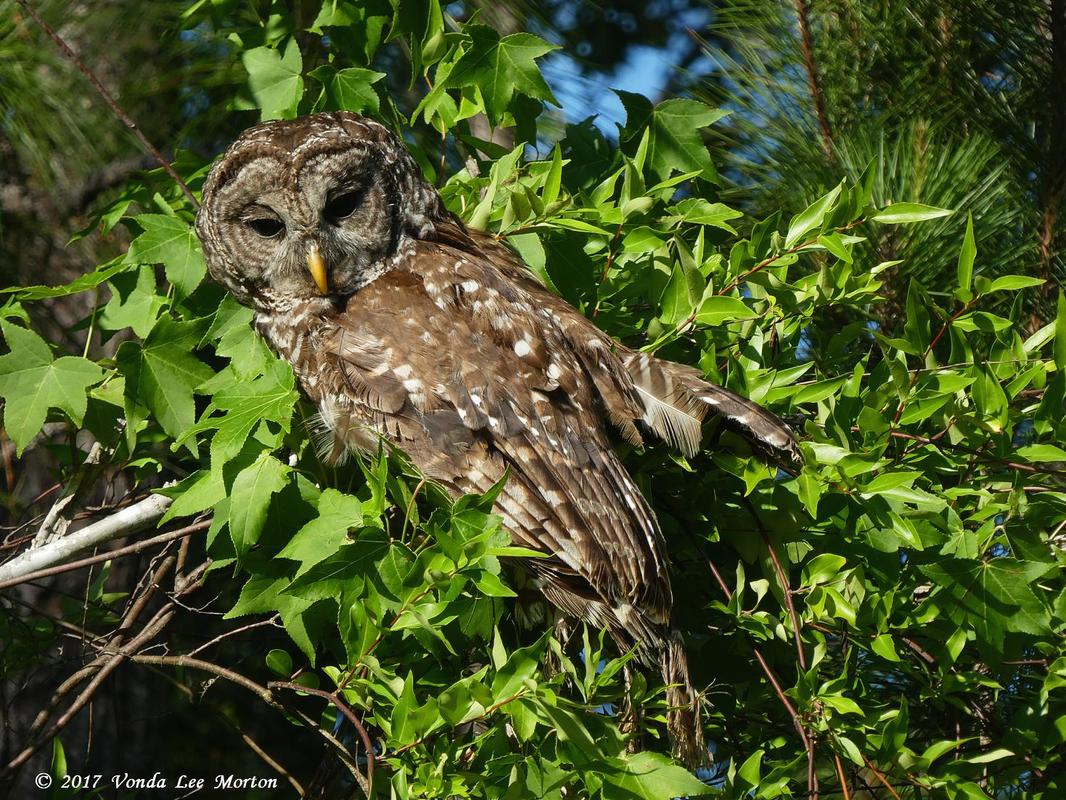
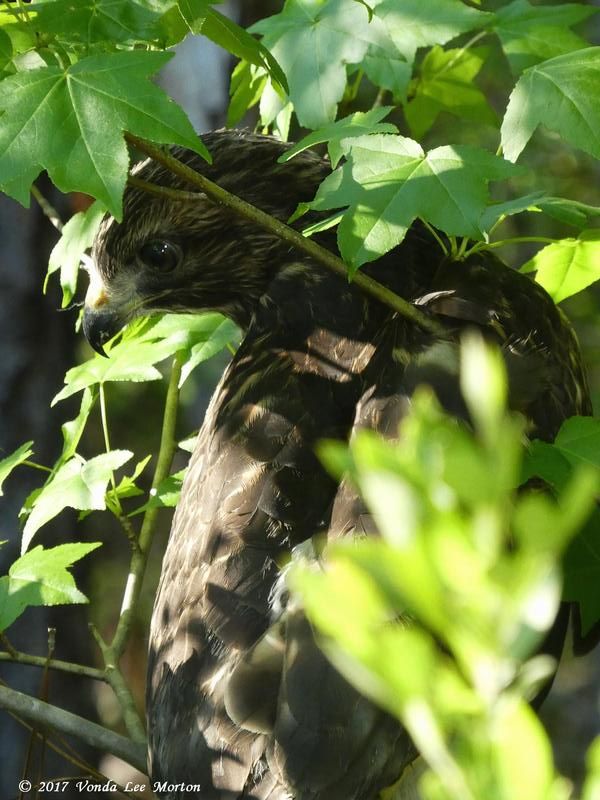
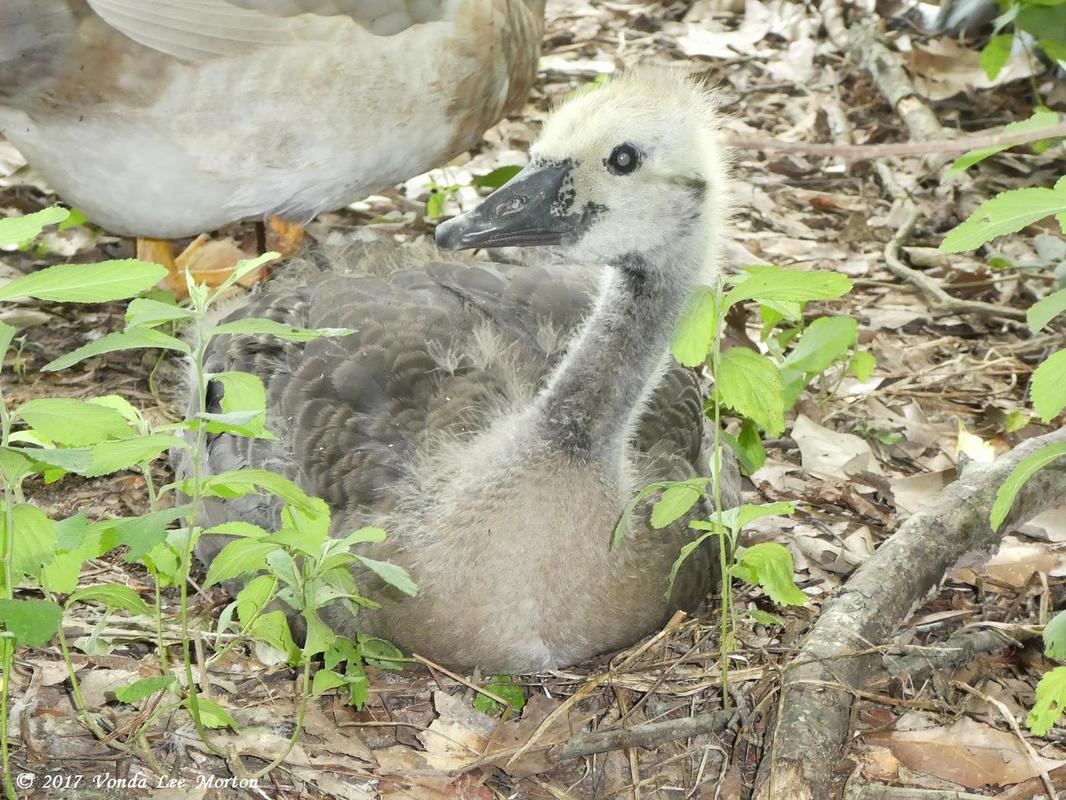
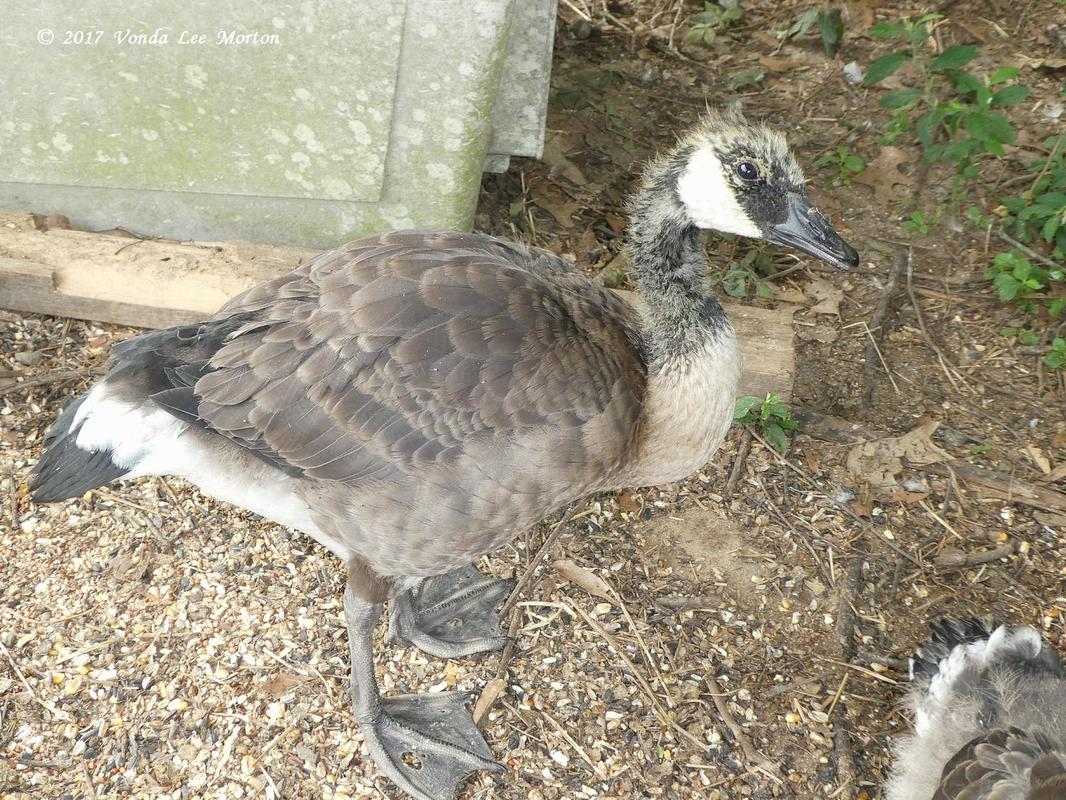
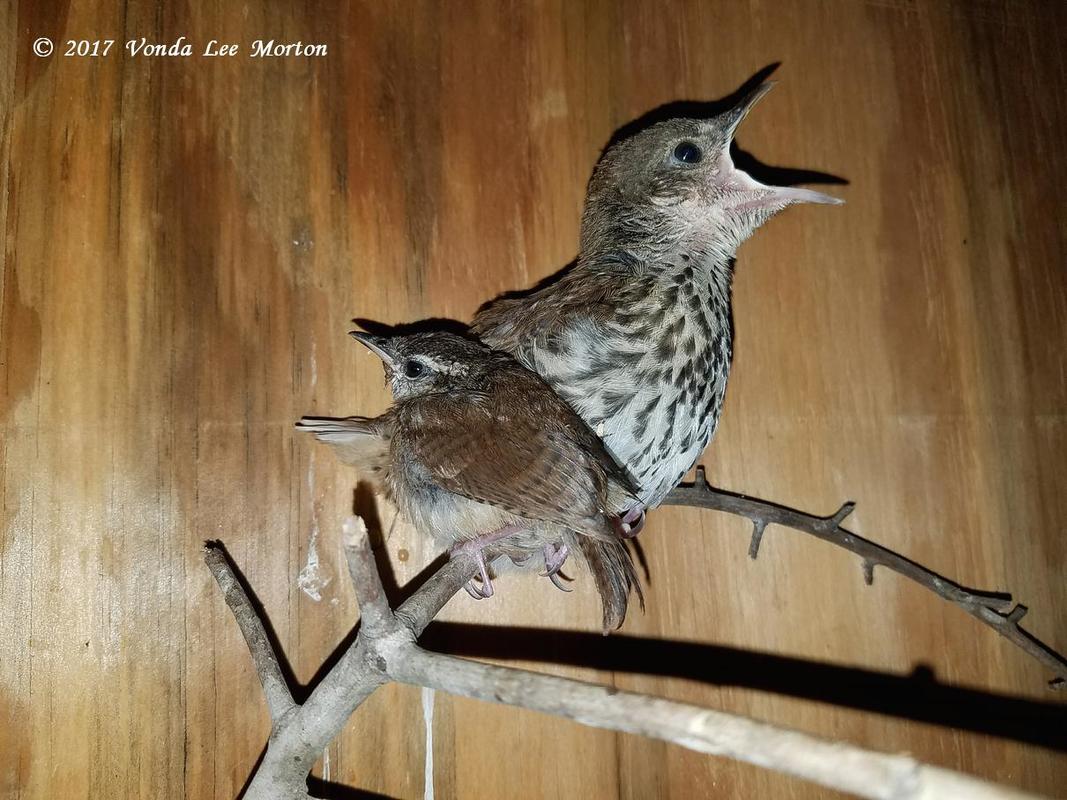
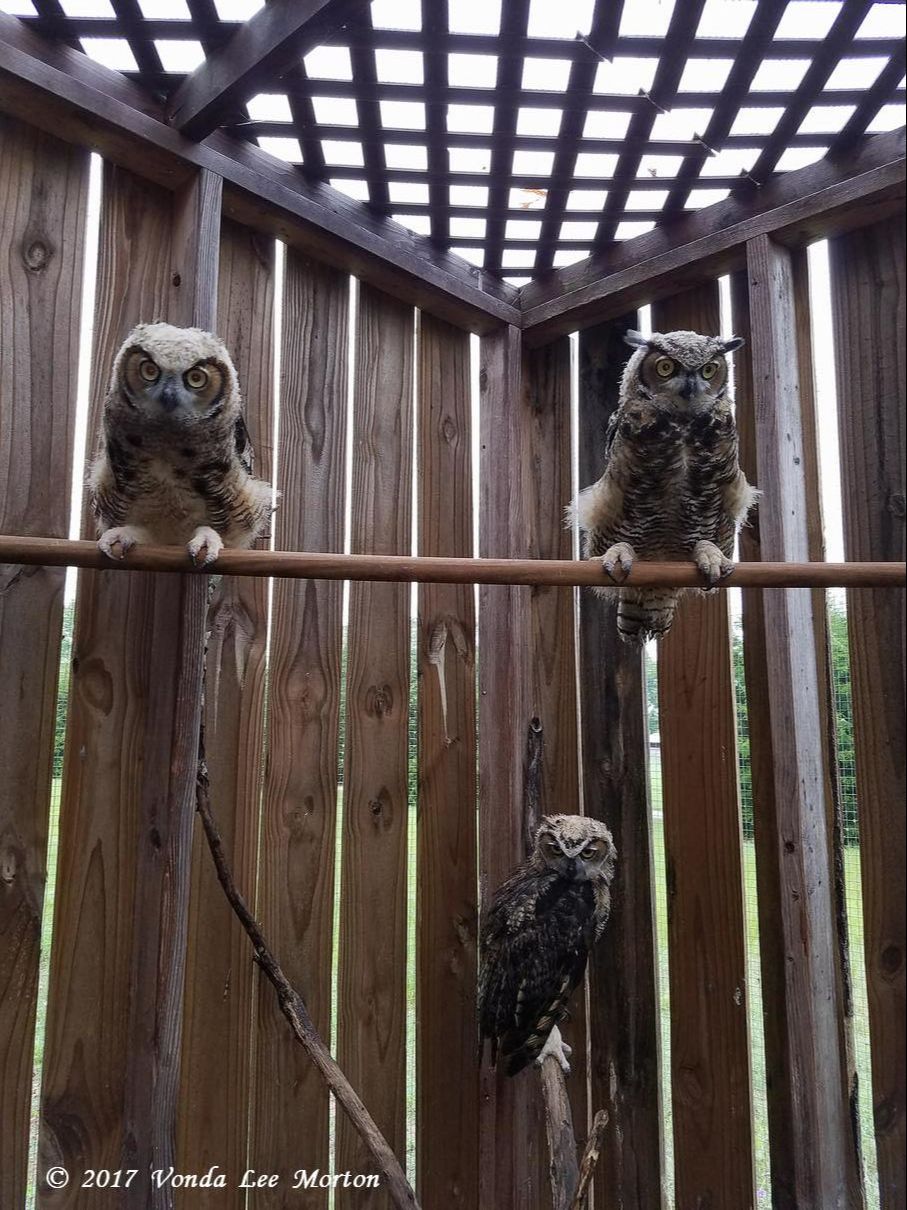
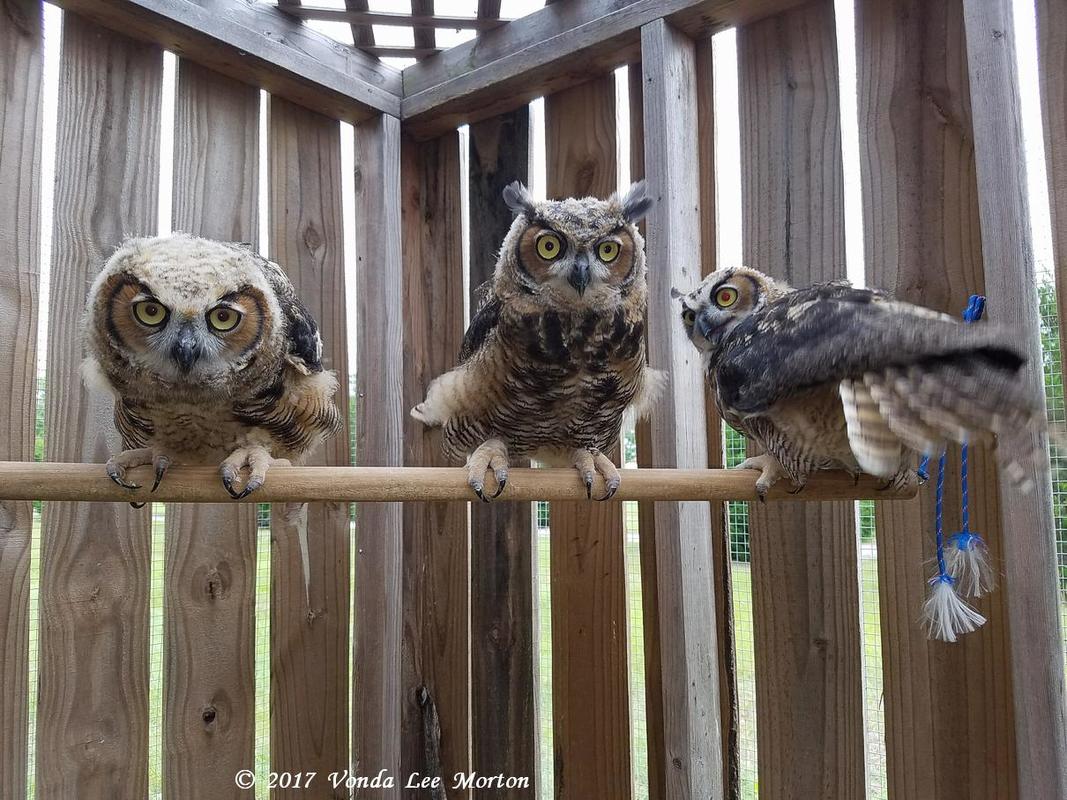
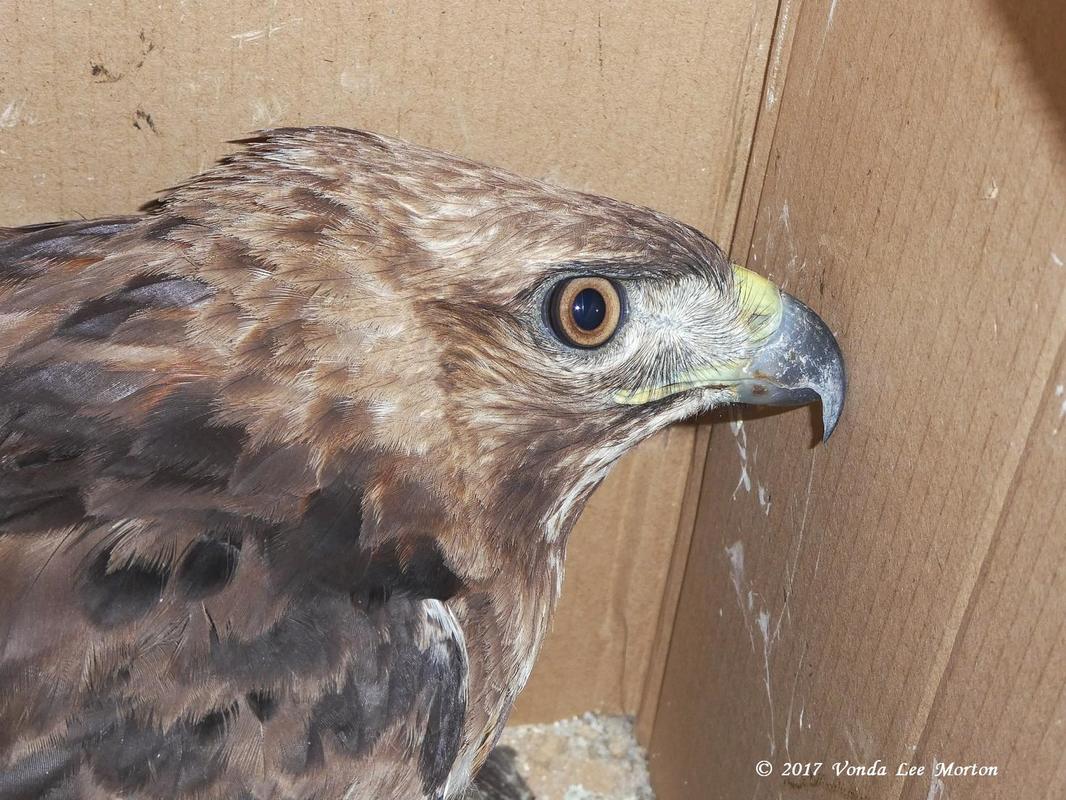
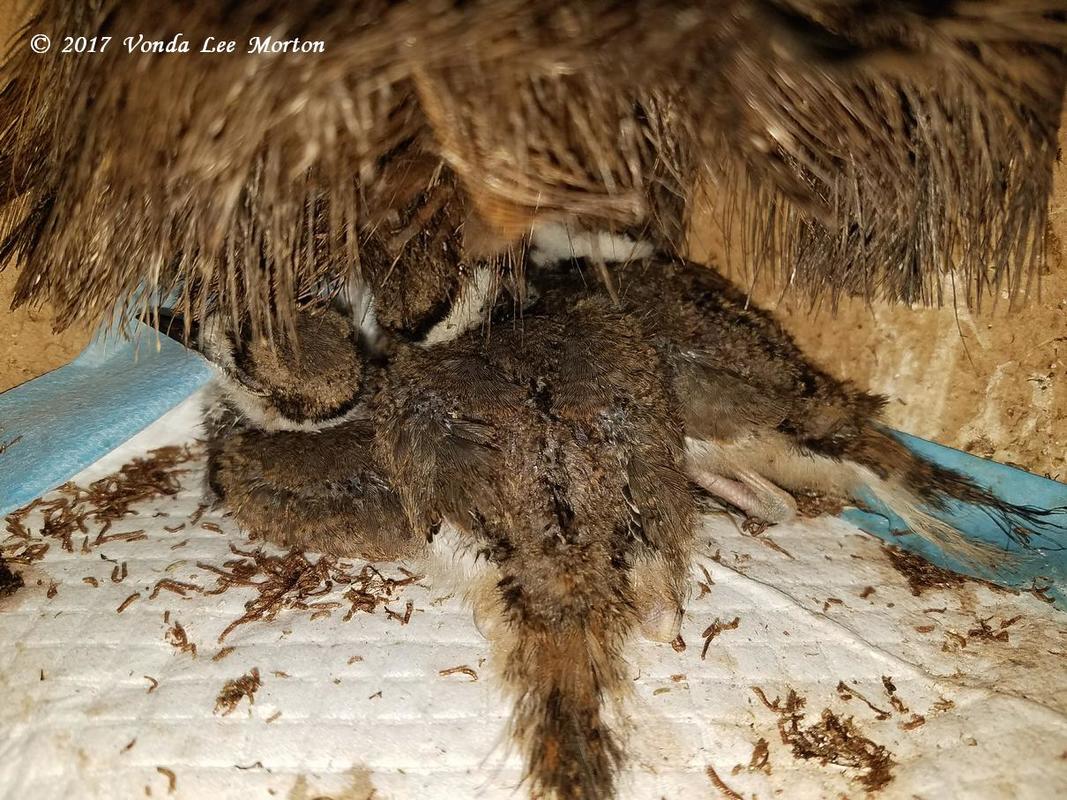
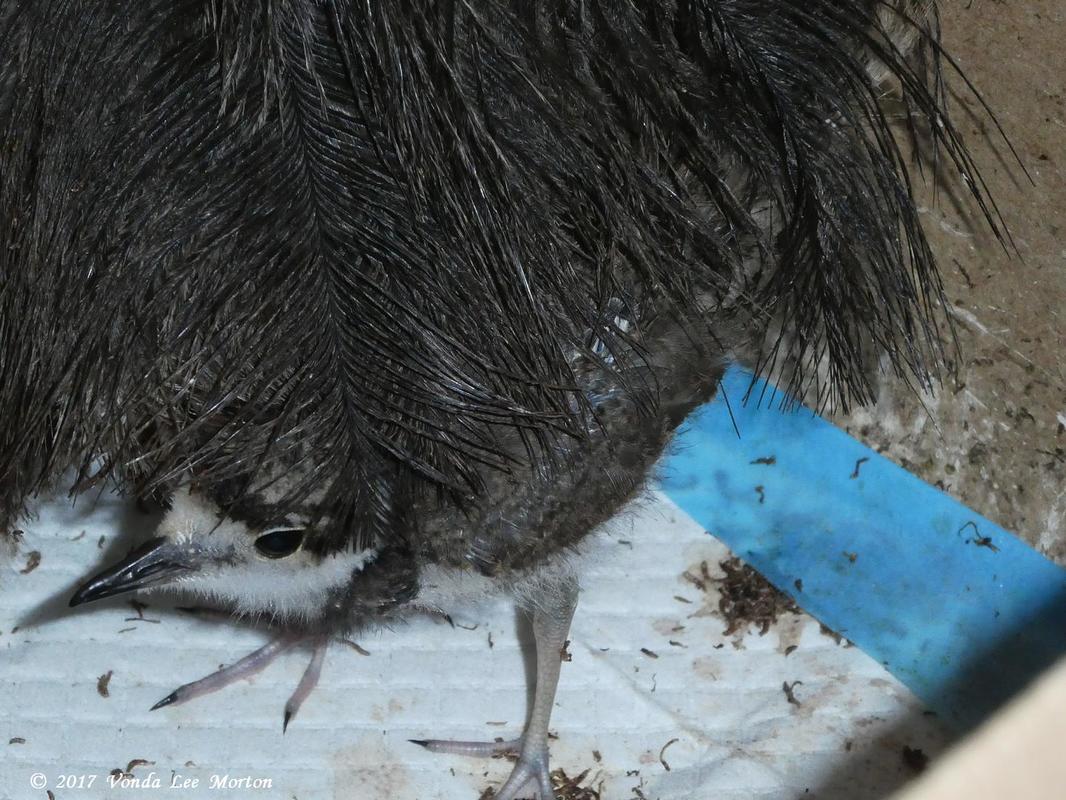
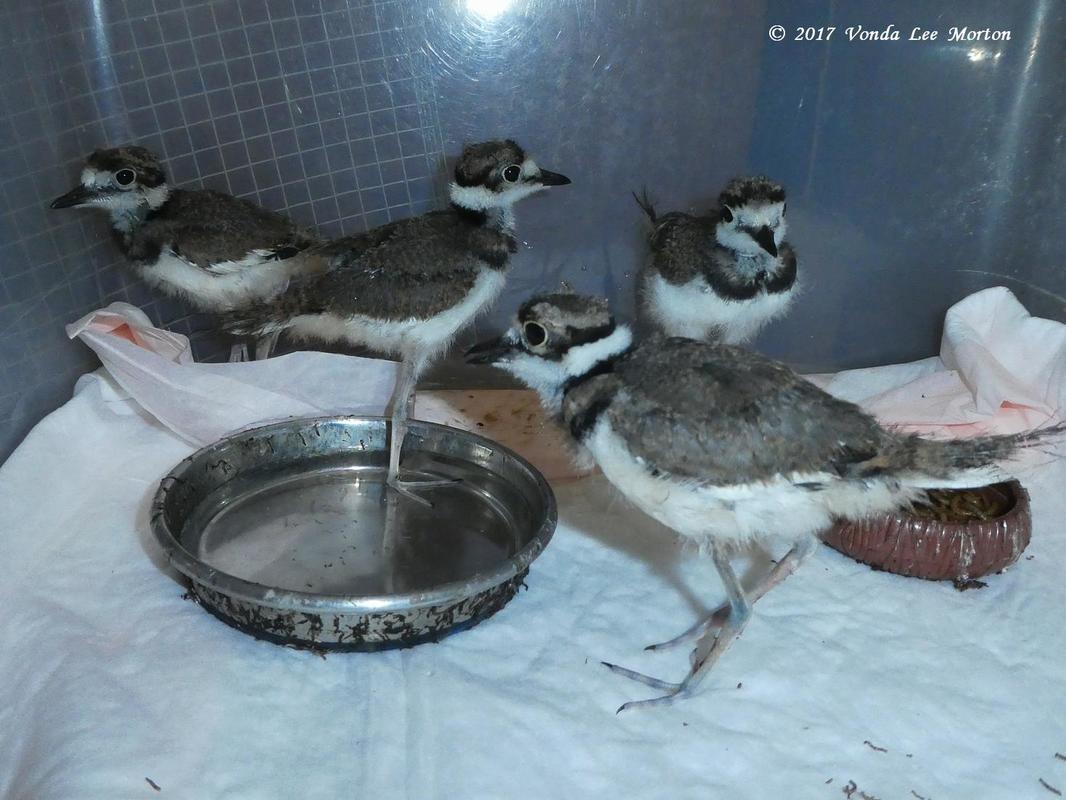
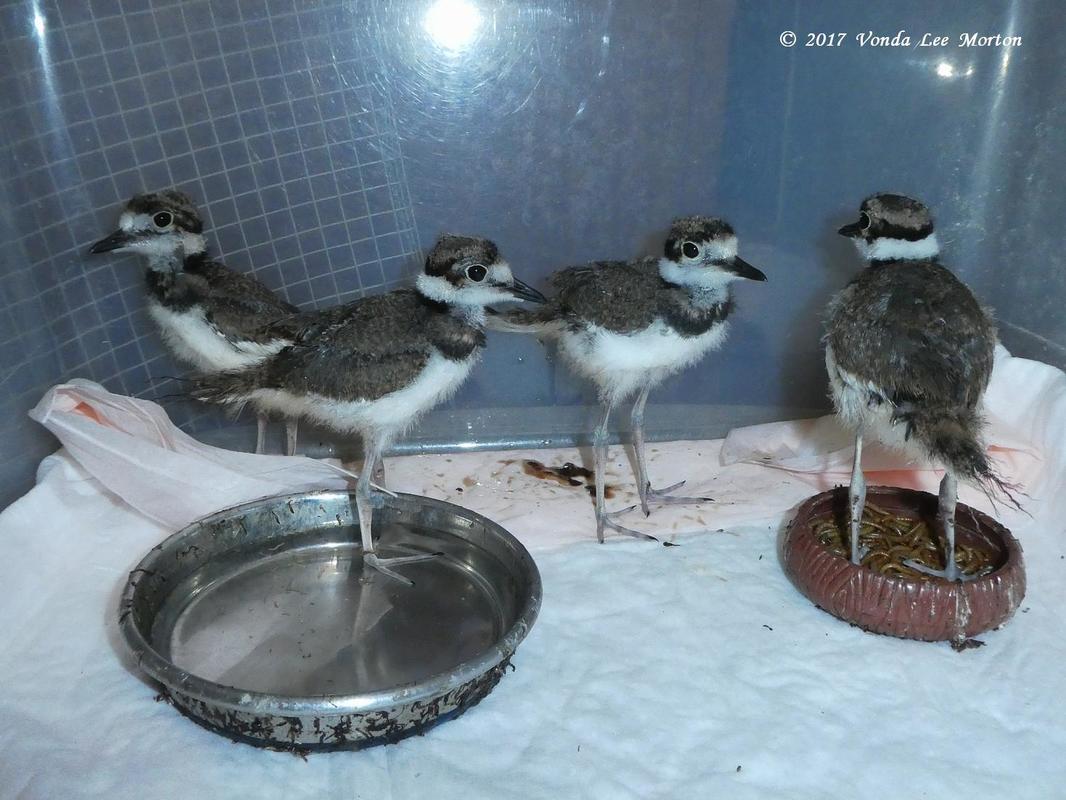
 RSS Feed
RSS Feed
